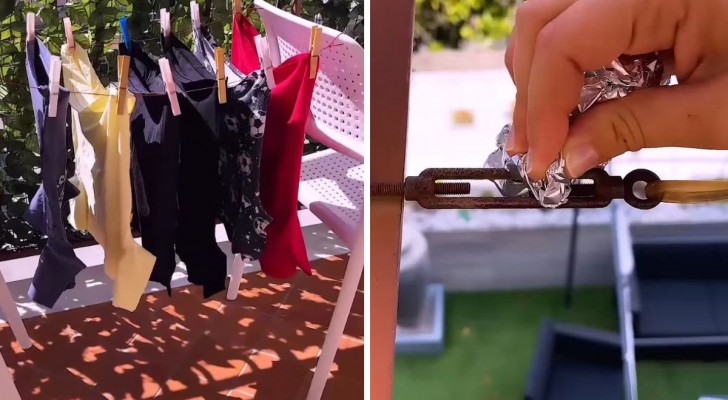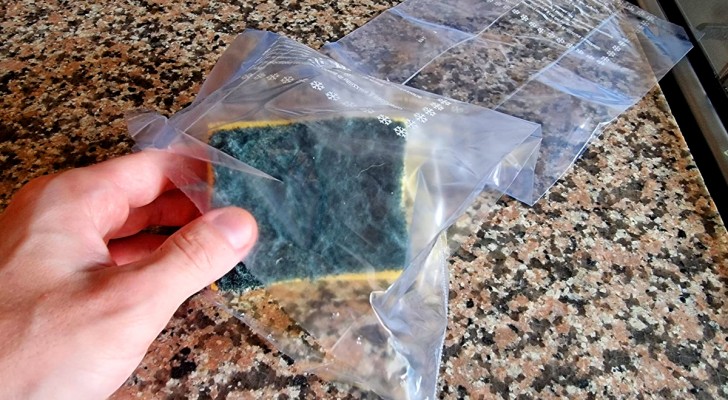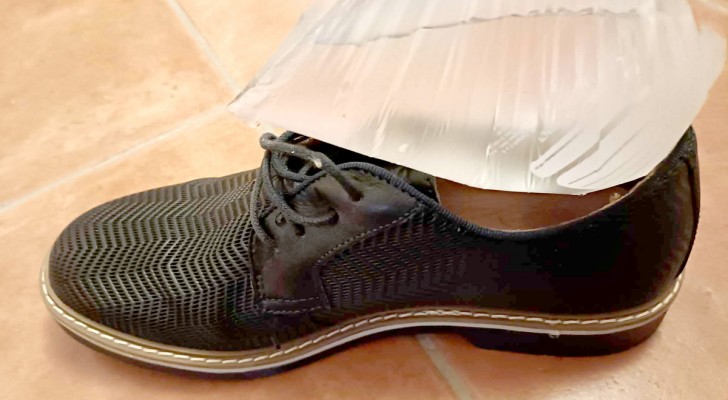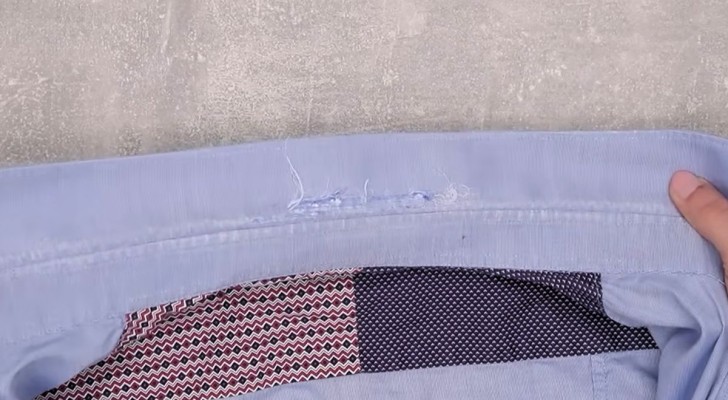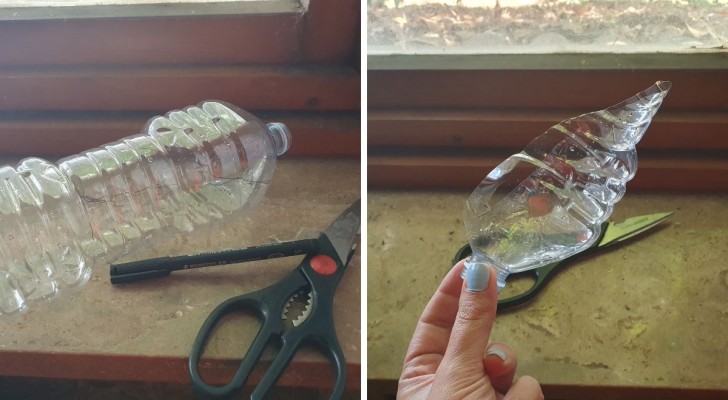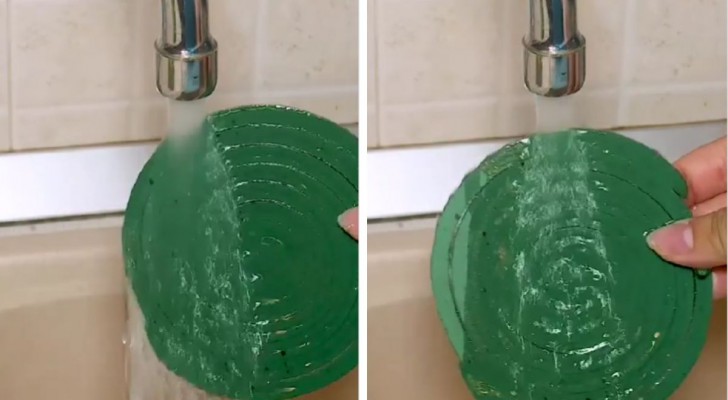Do you want to decrease the humidity in your house? We reveal some simple tips here
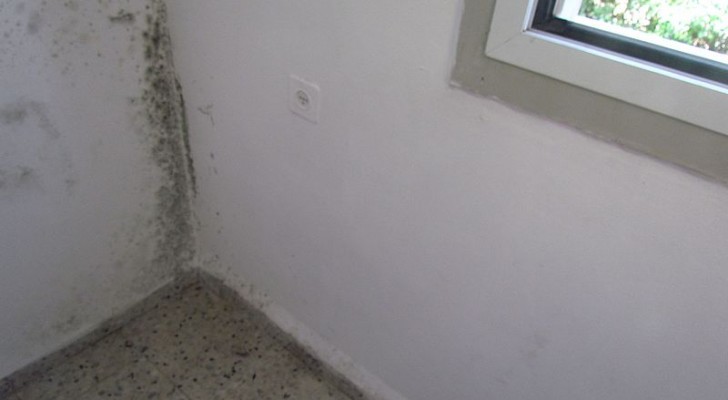
Constant humidity in certain rooms of the house is the condition that allows for the proliferation of fungi and molds that make the air unhealthy, especially if any of the inhabitants have respiratory problems. And while even an environment that is too dry environment can also be unhealthy, the opposite extreme is also just as harmful.
At the root of the accumulation of humidity in a room, there can be serious structural problems, which must be addressed with interventions aimed at waterproofing the environment (whether be they the roof, from the outside or by repairing leaks in the pipes), but sometimes it is also due to misuse of the room itself. And in any case, where humidity is a more minor problem, but still to be reduced, you can use some tips that are always useful.
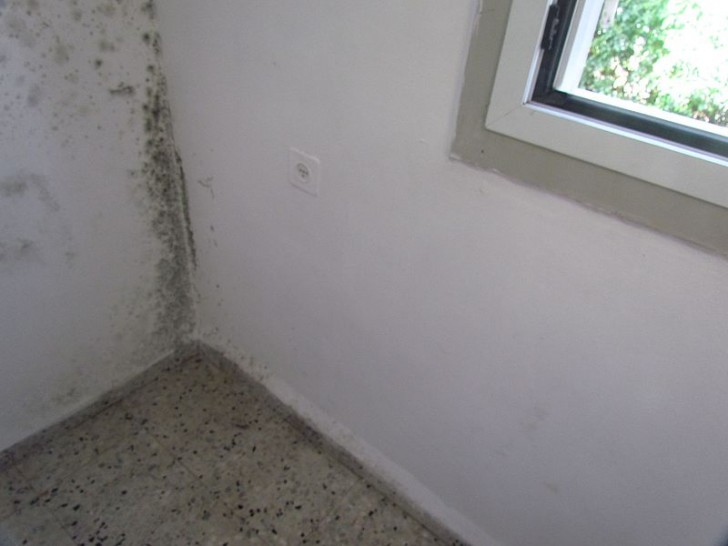
- Air the rooms daily, even those you do not use and especially those that do not have openings to the outside. Even just half an hour a day is enough, perhaps opening doors or activating fans to increase the air flow if you don't want to keep the windows open for too long.
- Opening the windows, pushing aside the curtains and shutters or blinds also serves to let in as much sunlight as possible, which heats and dries, and prevents the formation of mold.
- It is also important to remember to keep the ventilation fans on in the kitchen and bathroom as these are particularly important, vulnerable areas.
- Avoid hanging clothes indoors, or if you can't do without doing so, do it in the morning so that during the day - when it's warmer - they dry faster, perhaps even touched by the sun from outside. It also helps to pull a fan over, even if you keep them near a heated radiator. And of course, when the weather permits you can open the windows in the room where the laundry is spread out.
- Plants absorb some of the humidity in the room, but if their drip saucers are always full of water this certainly doesn't help. So be careful to only water the plants when they need it - don't overdo it. Generally it is also good for the plants themselves, to receive water only when the soil has dried enough, or wheb completely dry (depending on the variety).
- Especially in the bathroom, the most humid room of all, you must always keep the door or window open after taking a shower or bath, and it is also useful to remember to wipe the squeegee around the shower cubicle to dry off all of the water.
- If there is a wall affected by humidity, move furniture away from it: the key point is always to ventilate. Not to mention that the furniture itself would be damaged by humidity.
- If you have to intervene in the restoration of a wall affected by mold, be sure to take all necessary measures to kill the mold (bleach, hydrogen peroxide or vinegar as appropriate) and then use an anti-mold paint. Together with the other precautions this is an excellent defense.
- There are also DIY remedies for absorbing moisture that can help out in lighter cases:
- Charcoal (like those for the barbecue), kept in a tray or pan, to be changed every 2 or 3 months, if it is not soaked in water before this time is up.
- Cooking salt, or baking soda in bowls or jars, perhaps even with a few drops of essential oil added (preferably tea tree oil) to deodorize. Change them when they are full of water.
- If the room is subject to a lot of humidity, however, these remedies will not be sufficient, and it is advisable to invest in a dehumidifier, or an air conditioner that can also be used to dehumidify.
It is worth the effort to get rid of the humidity in the house!
